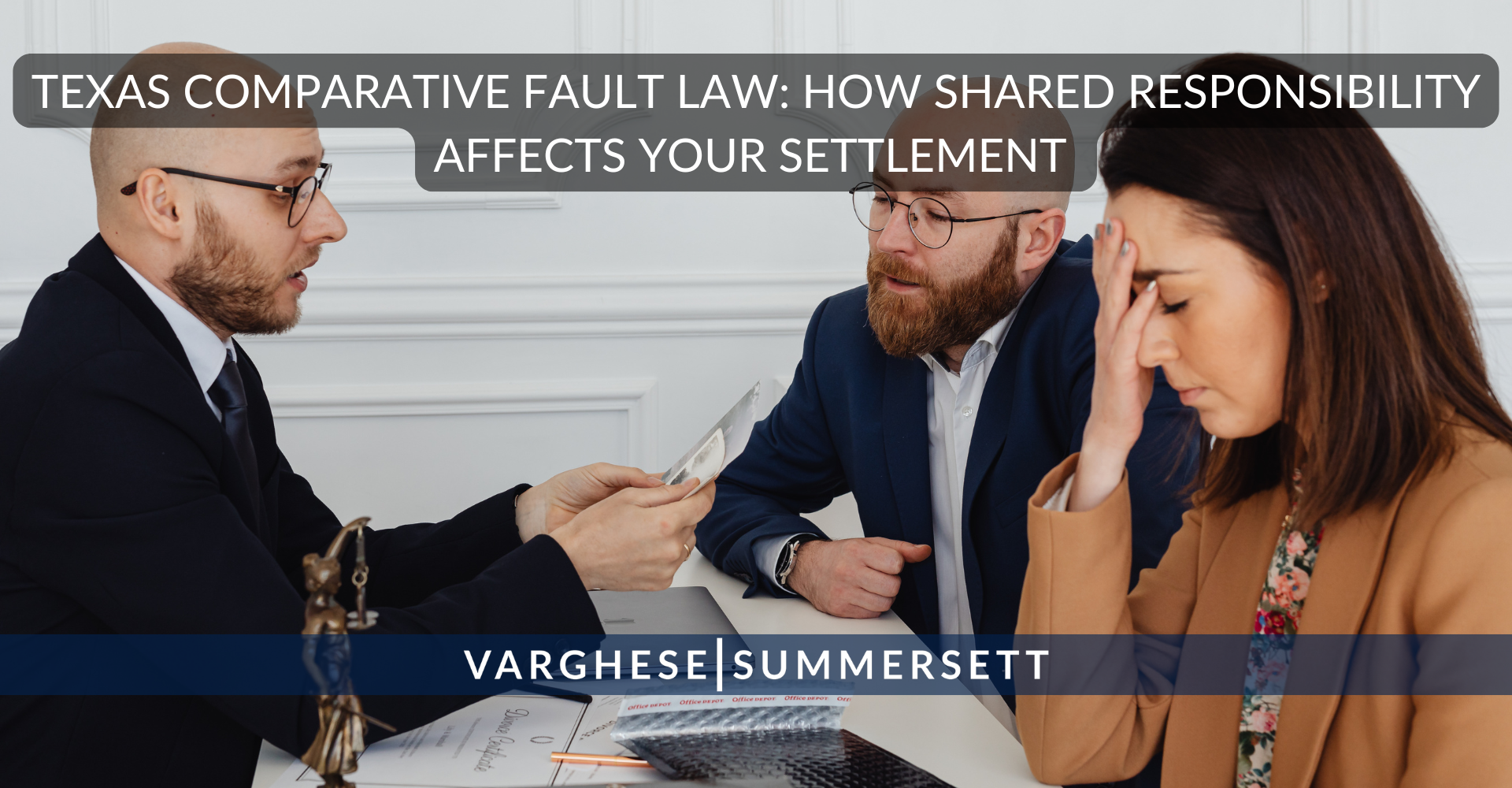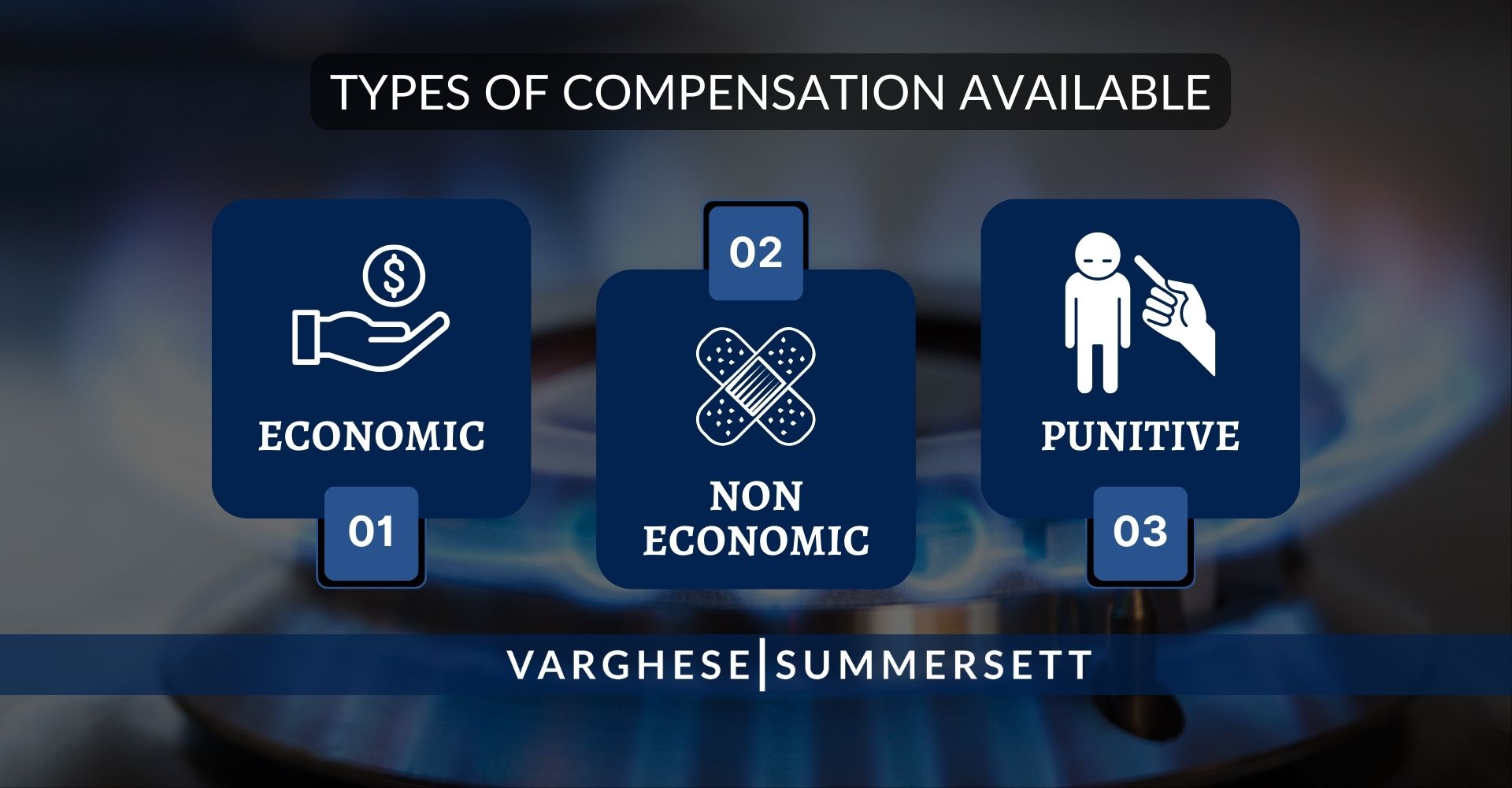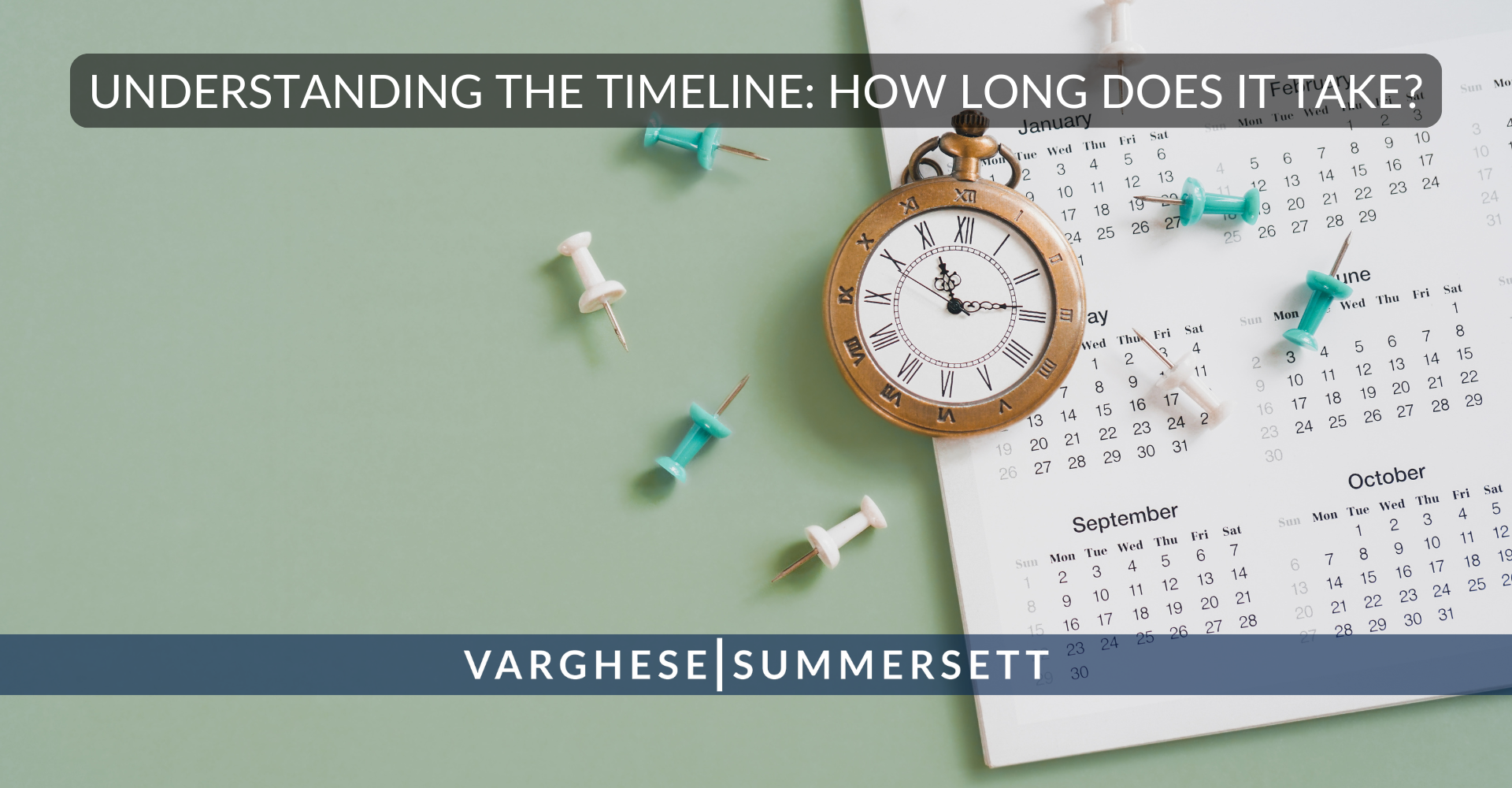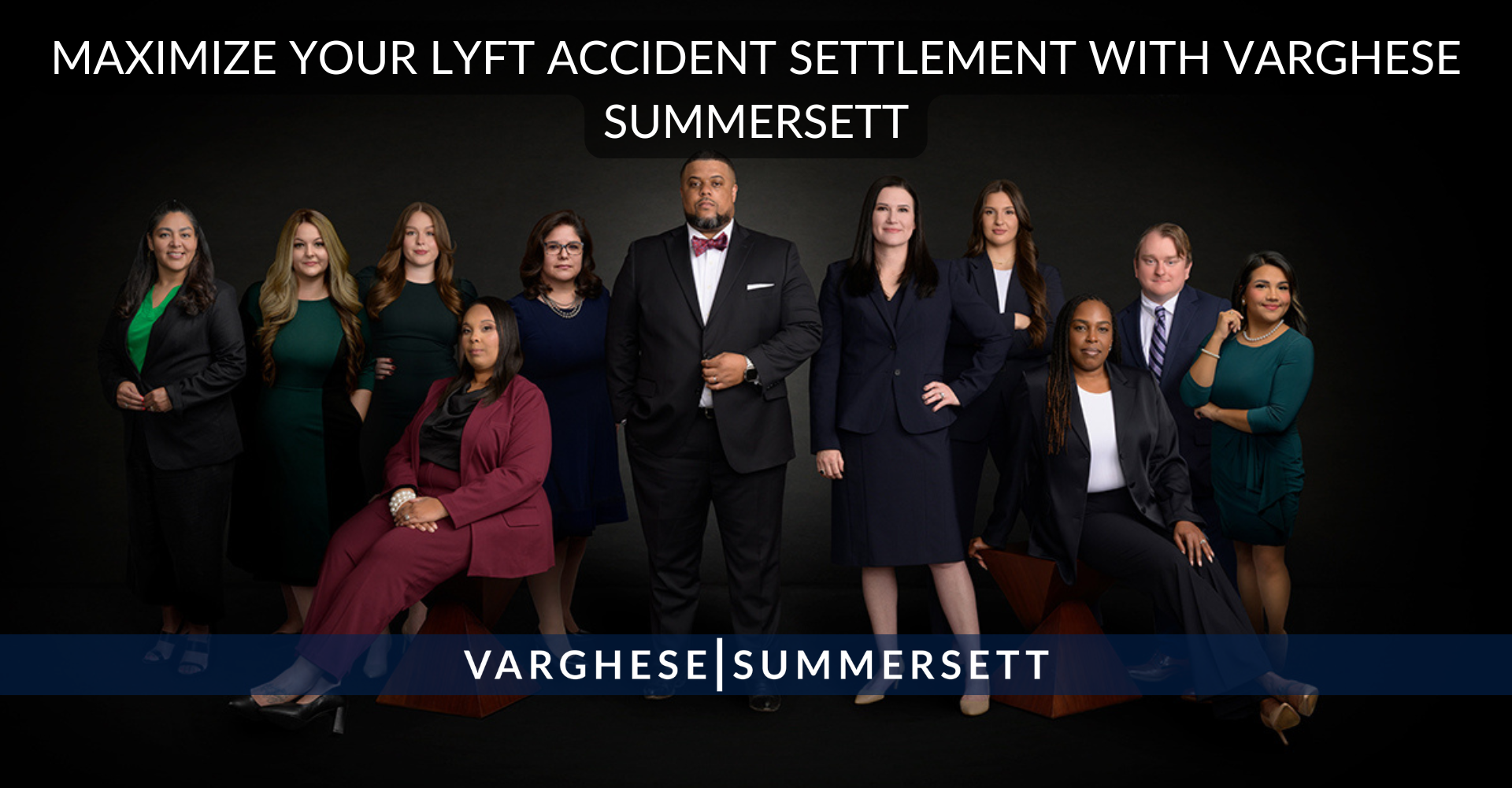Lyft Accident Settlement Amounts: What Your Case Is Really Worth
When a Lyft ride ends in a crash, victims face not only physical injuries but also financial uncertainty. How much compensation can you expect? What factors determine settlement amounts? Understanding the true value of your Lyft accident claim is critical to securing fair compensation that covers all your damages—not just the immediate medical bills, but the long-term costs that insurance companies would prefer you ignore.
Lyft accident settlements vary dramatically, ranging from $10,000 for minor injuries to well over $1 million for catastrophic cases. The specific amount you can recover depends on numerous factors including injury severity, medical expenses, lost income, who was at fault, and which insurance policy applies.
With approximately 20.4 million active Lyft riders and growing, these accidents occur with increasing frequency, making it essential for victims to understand their rights and the compensation they deserve. In this article, the personal injury lawyers at Varghese Summersett explain the settlement ranges for Lyft accidents, the insurance laws that apply, and the key factors that influence how much compensation you may be entitled to.

Understanding Settlement Ranges for Lyft Accidents
While every case is unique, Lyft accident settlements generally fall into predictable ranges based on injury severity. Understanding these ranges helps set realistic expectations and ensures you don’t accept lowball settlement offers that fail to cover your actual damages.
Minor Injury Settlements: $10,000 to $50,000
Cases involving relatively minor injuries such as whiplash, bruises, mild sprains, or minor soft tissue damage typically settle between $10,000 and $50,000. These settlements reflect shorter recovery periods, less extensive medical treatment, and limited time away from work. Even minor injuries can cause chronic pain and discomfort, however, and victims should ensure their settlements account for all medical expenses and any ongoing treatment needs.
Moderate Injury Settlements: $50,000 to $200,000
Moderate injuries including fractures, concussions, herniated discs, or significant soft tissue damage that requires surgery, physical therapy, or extended medical intervention typically result in settlements ranging from $50,000 to $200,000. These cases involve longer recovery periods, more substantial medical bills, greater lost wages, and increased pain and suffering. Victims may need months of treatment and rehabilitation before returning to normal activities.
Severe Injury Settlements: $200,000 to $1 Million+
The most severe Lyft accidents result in traumatic brain injuries, spinal cord damage, permanent disabilities, or wrongful death. These catastrophic cases frequently settle between $200,000 and over $1 million due to extraordinary medical costs, lifelong care requirements, permanent loss of earning capacity, and profound impacts on quality of life. When victims suffer permanent disabilities that prevent them from working or performing basic daily activities, settlements must account for decades of future medical expenses and lost income.
The most common settlement range for serious Lyft accidents falls between $300,000 and $1 million, reflecting the severity of injuries that often occur in rideshare collisions.
 Critical Factors That Determine Your Settlement Amount
Critical Factors That Determine Your Settlement Amount
Insurance companies calculate settlement offers based on multiple interconnected factors. Understanding these elements helps you recognize whether an offer truly reflects fair compensation or represents an attempt to minimize your claim.
Severity and Nature of Your Injuries
The extent of your injuries directly impacts your settlement value. Insurance adjusters and juries evaluate not just the initial diagnosis but the long-term prognosis. Permanent injuries, chronic pain conditions, disabilities that limit daily activities, and disfiguring scars all substantially increase settlement amounts. Medical documentation proving the severity of injuries — including diagnostic imaging, surgical reports, and physician assessments — forms the foundation of your claim’s value.
Total Medical Expenses
Your settlement must cover all medical costs related to the accident, including emergency room treatment, hospitalization, surgery, prescription medications, physical therapy, rehabilitation, medical equipment, and home healthcare. Critically, settlements should also account for future medical expenses. If your injuries require ongoing treatment, additional surgeries, or lifelong care, medical experts can project these future costs, which significantly increase settlement value.
Lost Wages and Earning Capacity
Compensation includes income lost while recovering from injuries — sick days, vacation time used, and unpaid time off. For severe injuries that reduce your ability to earn income in the future, you can recover damages for diminished earning capacity. If you previously worked in construction but a spinal injury prevents you from performing physical labor, you’re entitled to compensation for the difference between your pre-accident and post-accident earning potential over your entire working life.
Pain and Suffering
Beyond economic losses, Texas law allows recovery for non-economic damages including physical pain, mental anguish, emotional distress, loss of enjoyment of life, and loss of consortium. Insurance companies often use a multiplier method, multiplying your economic damages by a number between 1.5 and 5, depending on injury severity. More severe, permanent injuries justify higher multipliers.
Liability and Fault
Clear liability dramatically strengthens your claim. When evidence overwhelmingly proves the Lyft driver or another motorist caused the accident through negligence — running a red light, texting while driving, driving under the influence, or failing to yield —insurance companies recognize the risk of losing at trial and offer higher settlements. Conversely, disputed liability or shared fault complicates claims and can reduce settlement amounts.
Available Insurance Coverage
The insurance coverage available directly limits potential recovery. Lyft’s $1 million policy provides substantial coverage during active rides, but coverage during other periods is more limited. Understanding which insurance policies apply to your specific accident is essential for maximizing compensation.
Quality of Evidence
Strong evidence supporting your claim increases settlement value. Police reports documenting fault, witness statements corroborating your account, photographs of the accident scene and vehicle damage, medical records thoroughly documenting injuries, and expert testimony from accident reconstruction specialists and medical professionals all strengthen your negotiating position.

Understanding Lyft’s Insurance Coverage in Texas: Who Pays and When
Lyft accidents involve uniquely complex insurance issues because drivers are independent contractors, not employees. The available coverage — and critically, which insurance policy pays first — depends entirely on the driver’s status in the Lyft app at the moment of the crash.
Texas law, specifically Texas Insurance Code Chapter 1954 and Texas Occupations Code Chapter 2402, establishes strict insurance requirements for Transportation Network Companies like Lyft, but understanding the interaction between the driver’s personal policy and Lyft’s commercial coverage is essential to maximizing your recovery.
What Texas Law Requires: The Statutory Framework
Texas Insurance Code Section 1954.051 establishes that either a transportation network company driver or the TNC on the driver’s behalf must maintain primary automobile insurance meeting specific requirements. Critically, Section 1954.051(d) provides that these coverage requirements “may be satisfied by” automobile insurance maintained by the driver, insurance maintained by the TNC, or a combination of both.
The statute divides coverage into distinct periods based on the driver’s app status, with different requirements for each period.
What the Law Requires During Each Period
Period 0 (App Off): When not logged into the Lyft app, drivers must carry Texas’s standard minimum liability coverage under Transportation Code Chapter 601: $30,000 per person for bodily injury, $60,000 per accident for bodily injury, and $25,000 for property damage.
Period 1 (App On, Waiting for Requests): Texas Insurance Code Section 1954.052 mandates that when a driver is “logged on to the transportation network company’s digital network and is available to receive transportation network requests but is not engaged in a prearranged ride,” the automobile insurance policy must provide minimum coverage of $50,000 per person for bodily injury or death, $100,000 per incident for bodily injury or death, and $25,000 for property damage. The statute also requires uninsured/underinsured motorist coverage per Section 1952.101 and personal injury protection where required by Section 1952.152.
Periods 2 and 3 (En Route or Transporting Passenger): Texas Insurance Code Section 1954.053 requires that when a driver is “engaged in a prearranged ride,” the insurance policy must provide at minimum: (1) coverage with a total aggregate limit of $1 million for death, bodily injury, and property damage per incident; (2) uninsured or underinsured motorist coverage where required; and (3) personal injury protection where required.
Who Actually Provides the Coverage: The Critical Distinction
The statute establishes what coverage must exist, but understanding who actually provides it — and which policy pays first —determines your entire claims strategy.
The Safety Net Provisions: Two critical statutory provisions protect injury victims when driver coverage fails:
Texas Insurance Code Section 1954.054 provides that “if an insurance policy maintained by a transportation network company driver under this subchapter has lapsed or does not provide the coverage required by this subchapter, the transportation network company shall provide the coverage required by this subchapter beginning with the first dollar of a claim against the driver.” This means if the driver lacks proper coverage, Lyft must step in immediately.
Texas Insurance Code Section 1954.055 states that “coverage under an automobile insurance policy maintained by the transportation network company is not contingent on a transportation network company driver’s personal automobile insurer initially denying a claim.” This provision eliminates the requirement that you must first exhaust the driver’s personal insurance before accessing the TNC’s policy.
Period 0: App Turned Off — Driver’s Personal Insurance Only
When the Lyft driver is not logged into the app, only the driver’s personal auto insurance applies under Transportation Code Chapter 601. Lyft provides absolutely no coverage during this period. If the accident occurs during Period 0, you’re pursuing a claim against the driver’s personal policy, which carries only Texas minimum limits — often grossly inadequate to cover serious injuries.
Determining whether the driver was truly offline at the time of the crash can be disputed. Insurance companies may falsely claim the driver was in Period 0 to avoid the higher coverage available in later periods. App data, GPS records, and ride history become critical evidence.
Period 1: App On, Waiting for Ride Request — Complex Coverage Structure
This period creates the most confusion and the greatest coverage disputes. Under Section 1954.052, someone must provide $50,000/$100,000/$25,000 in coverage, but the question becomes: whose policy pays first?
In Practice: Lyft structures its Period 1 insurance as secondary or “contingent” coverage, expecting the driver’s personal auto insurance with a rideshare endorsement to provide primary coverage. Lyft’s policy then provides backup coverage if the driver’s personal insurance doesn’t apply or provides insufficient limits.
When Driver Coverage Fails: Many drivers operate without proper rideshare endorsements on their personal policies. When these drivers have accidents, their personal insurers often deny coverage because the vehicle was being used for commercial purposes. This is where Section 1954.054 becomes critical — Lyft must then provide the required coverage “beginning with the first dollar.”
The Practical Problem: Even when both policies apply, the maximum combined coverage during Period 1 typically reaches only $100,000 per person — far less than the million-dollar coverage available during active rides. This creates significant underinsurance for serious injury cases.
Periods 2 and 3: En Route to Pickup or Passenger in Vehicle— Primary Lyft Coverage
The insurance landscape changes dramatically once a driver accepts a ride request. Under Section 1954.053, someone must provide $1 million in coverage, and in practice, Lyft provides this as primary coverage.
Lyft’s $1 Million Liability Policy: During Periods 2 and 3, Lyft maintains a commercial insurance policy providing $1 million in liability coverage for third-party claims. This coverage is primary, meaning injury victims can pursue claims directly against Lyft’s policy without first exhausting the driver’s personal insurance — exactly as Section 1954.055 provides.
$1 Million Uninsured/Underinsured Motorist Coverage: Lyft also provides $1 million in UM/UIM coverage, protecting passengers and drivers when an at-fault driver lacks insurance or carries insufficient coverage. This is invaluable in Texas, where many drivers carry only minimum limits or drive uninsured.
Contingent Comprehensive and Collision Coverage: Lyft provides contingent comprehensive and collision coverage up to the actual cash value of the driver’s vehicle, but only if the driver maintains comprehensive and collision coverage on their personal policy. This carries a $2,500 deductible and protects damage to the driver’s vehicle — it doesn’t help injury victims.
Why the Coverage Structure Matters: Primary vs. Secondary
Understanding which policy is primary versus secondary determines your entire claim strategy, potential recovery, and the obstacles you’ll face:
During Period 1: Although Section 1954.055 states Lyft’s coverage is “not contingent” on the driver’s personal insurer denying a claim, in practice Lyft structures its Period 1 policy as secondary coverage. This means injury victims typically must first establish whether the driver had proper rideshare coverage on their personal policy. If the driver lacked proper coverage or their insurer denies the claim, then Lyft must provide coverage under Section 1954.054 “beginning with the first dollar.” This creates delays, disputes, and potential coverage gaps that reduce settlement values. The maximum available coverage during Period 1 often reaches only $100,000 per person even when all applicable policies respond.
During Periods 2 and 3: Lyft’s $1 million policy provides primary coverage for liability claims under Section 1954.053. You can pursue compensation directly from Lyft’s insurance without navigating the driver’s personal policy first. This dramatically increases available coverage from $100,000 to $1 million and eliminates one layer of insurance company disputes. Section 1954.055 confirms this coverage is not contingent on exhausting other insurance first.
Insurance companies frequently dispute which period applied at the time of the crash to minimize their obligations. If they can successfully argue the accident occurred during Period 1 instead of Period 2, they reduce available coverage from $1 million to potentially only $100,000 — even though the difference may be mere seconds on the app. An experienced attorney gathers definitive evidence — app data, GPS records, time-stamped ride requests, and passenger confirmations — proving the driver’s exact status and locking in the appropriate coverage under Sections 1954.052 and 1954.053.
Coverage Gaps and Exclusions That Hurt Victims
Despite the statutory requirements in Chapter 1954, serious gaps remain:
Period 1 Underinsurance: The maximum coverage during Period 1 under Section 1954.052 — even combining the driver’s personal policy and Lyft’s coverage — typically reaches only $100,000 per person. This proves grossly inadequate for severe injuries requiring extensive medical treatment, surgery, or long-term care.
Driver Non-Compliance: Many drivers fail to maintain required insurance or proper rideshare endorsements. When their personal insurers deny coverage for commercial use, only Lyft’s coverage remains available under Section 1954.054. However, Lyft often argues the driver violated their independent contractor agreement by failing to maintain proper insurance, creating disputes over whether coverage applies at all.
The “First Dollar” Ambiguity: While Section 1954.054 requires Lyft to provide coverage “beginning with the first dollar” when driver coverage lapses or is insufficient, insurance companies dispute what constitutes “lapsed” or “insufficient” coverage, leading to coverage gaps during claims.
Coverage for Driver’s Own Injuries: The liability coverage required by Sections 1954.052 and 1954.053 protects third parties—passengers, other motorists, pedestrians. Drivers injured in accidents they cause have limited coverage for their own injuries beyond what their personal policies provide.
Collision Damage Gaps: The contingent comprehensive and collision coverage’s $2,500 deductible and actual cash value limits may leave drivers significantly underinsured for damage to their own vehicles.

Texas Comparative Fault Law: How Shared Responsibility Affects Your Settlement
Texas follows a modified comparative negligence rule under the Texas Civil Practice and Remedies Code Section 33.001. This law allows injured parties to recover damages even when partially at fault for an accident, but with critical limitations that can eliminate recovery entirely if you bear majority responsibility.
Under Texas law, if you are found 50% or less responsible for the accident, you can still recover compensation, but your settlement is reduced by your percentage of fault. For example, if a jury awards $100,000 in damages and determines you were 20% at fault, you would receive $80,000. However, if you are found 51% or more at fault, you recover nothing—regardless of how severe your injuries or how much the accident cost you.
Insurance companies aggressively exploit this rule by attempting to shift blame onto accident victims. Adjusters scrutinize every detail: Were you wearing a seatbelt? Were you distracted by your phone? Did you contribute to the accident in any way? They manufacture arguments to increase your fault percentage, knowing that even small increases reduce their payout obligations.
This makes legal representation essential. Experienced Lyft accident attorneys know how to counter these tactics, gather evidence proving the driver’s negligence, and protect your right to full compensation.

Types of Damages Available in Texas Lyft Accident Cases
Texas law permits recovery of several categories of damages when negligence causes a Lyft accident. Understanding these damage types ensures your settlement accounts for all losses—not just the obvious ones.
Economic damages compensate for tangible financial losses with specific dollar amounts:
Medical Expenses: All past and future medical costs related to the accident, including emergency treatment, hospitalization, surgery, physician visits, prescription medications, physical therapy, rehabilitation, medical equipment, home healthcare, and any future medical needs projected by medical experts.
Lost Wages: Income lost while recovering from injuries, including salary, hourly wages, commissions, bonuses, sick days, and vacation time used during recovery.
Lost Earning Capacity: If your injuries prevent you from returning to your previous occupation or reduce your ability to earn income in the future, you can recover the present value of that lost earning capacity over your remaining working life.
Property Damage: Repair or replacement costs for any personal property damaged in the accident, including electronic devices, clothing, or other belongings.
Non-economic damages compensate for subjective losses without specific price tags:
Pain and Suffering: Physical pain endured from injuries, including acute pain during treatment and chronic pain that continues long-term.
Mental Anguish: Emotional distress, anxiety, depression, post-traumatic stress disorder, and psychological trauma resulting from the accident and injuries.
Loss of Enjoyment of Life: Compensation for the inability to participate in activities, hobbies, and experiences you enjoyed before the accident.
Disfigurement and Scarring: Compensation for permanent physical changes to your appearance, particularly visible scars that affect quality of life, self-esteem, and social interactions.
Loss of Consortium: Spouses may recover damages for loss of companionship, affection, comfort, and marital relations caused by the injuries.
In cases involving gross negligence, malice, or fraud—such as drunk driving or extreme recklessness—Texas law permits punitive damages under Civil Practice and Remedies Code Section 41.003. These damages punish wrongdoers and deter similar conduct. Punitive damages are capped at the greater of $200,000 or two times economic damages plus non-economic damages up to $750,000.

Common Lyft Accident Scenarios and Typical Settlement Values
Understanding common accident scenarios helps illustrate how settlements vary based on specific circumstances.
Rear-End Collisions
When another driver rear-ends a Lyft vehicle, passengers often suffer whiplash, back sprains, and soft tissue injuries. These cases typically settle between $6,000 and $25,000 for minor soft tissue damage, or $65,000 to $110,000 when injuries include herniated discs requiring epidural injections or surgery.
Intersection Crashes
Left-turn collisions and T-bone accidents at intersections frequently cause severe injuries due to the high force of impact. When a Lyft driver or another motorist runs a red light or fails to yield, resulting in side-impact collisions, settlements often exceed $100,000 due to fractures, internal injuries, and traumatic impact.
Highway Accidents
High-speed collisions on highways and freeways result in the most catastrophic injuries. When Lyft drivers lose control at highway speeds or are struck by negligent motorists, victims suffer traumatic brain injuries, spinal cord damage, and multiple fractures. These cases frequently settle between $200,000 and over $1 million.
Pedestrian Strikes
When Lyft drivers strike pedestrians, injuries are often severe due to the vulnerability of pedestrians. Settlements for pedestrian accidents involving traumatic brain injuries and long-term rehabilitation needs frequently exceed $200,000.

Why You Need an Attorney for Your Lyft Accident Claim
Insurance companies have one goal: paying as little as possible. Lyft’s insurance carrier employs teams of adjusters and attorneys dedicated to minimizing claims. Without experienced legal representation, you face overwhelming disadvantages.
Insurance Company Tactics to Minimize Your Claim
Insurance adjusters employ sophisticated tactics designed to reduce settlements:
Quick Lowball Offers: Shortly after the accident, before you understand the full extent of your injuries or future medical needs, adjusters offer fast settlements that seem generous but fall far short of covering long-term costs. Once you accept and sign a release, you cannot pursue additional compensation — even if complications arise later.
Shifting Blame: Adjusters exploit Texas’s comparative fault law by assigning partial blame to you. They scrutinize every detail to argue you contributed to the accident, knowing any fault percentage reduces their payout obligations.
Disputing Medical Treatment: Insurance companies question the necessity of medical treatment, argue that injuries weren’t as severe as claimed, or attribute injuries to pre-existing conditions rather than the accident.
Misrepresenting Policy Coverage: Adjusters may claim limited coverage is available or dispute which insurance period applied, attempting to apply lower coverage limits to your claim.
Delaying the Process: When lowball offers don’t work, insurance companies delay the process, hoping financial pressure forces you to accept inadequate settlements just to pay mounting medical bills.

How Varghese Summersett Works to Maximize Your Settlement
Experienced Lyft accident attorneys level the playing field and dramatically increase settlement amounts:
Accurate Claim Valuation: Attorneys work with medical experts, economists, and vocational specialists to calculate the true value of your claim, including future medical expenses, lost earning capacity, and non-economic damages insurance companies try to minimize.
Thorough Investigation: Lawyers gather all available evidence including police reports, witness statements, accident scene photographs, medical records, app data proving the driver’s status, and expert analysis proving liability and damages.
Navigating Complex Insurance Structures: Attorneys understand the critical differences between primary and contingent coverage, know exactly which insurance policies apply based on the driver’s app status, and can prove whether the accident occurred during Period 1, 2, or 3. This expertise often means the difference between recovering $100,000 and recovering $1 million—simply by establishing the correct coverage period.
Aggressive Negotiation: Attorneys who handle rideshare accident cases understand insurance companies’ tactics and know how to counter lowball offers with compelling evidence and legal arguments that compel fair settlements.
Trial Preparation: Insurance companies only offer reasonable settlements when they know your attorney is prepared to take the case to trial and win. Firms with proven trial experience secure higher settlements because adjusters recognize the risk of facing a jury.
Protecting Your Rights: Attorneys handle all communication with insurance companies, preventing you from making statements that could be used against you and ensuring you don’t accept settlements that fail to cover your actual damages.
Statistical evidence confirms the value of representation: professionally represented rideshare accident claims settle for 3.5 times more than unrepresented claims, on average. This dramatic difference reflects both the higher settlements attorneys negotiate and their ability to maximize all available compensation.

Special Considerations for Different Types of Victims
Passengers
Lyft passengers are typically innocent victims with strong claims. Since passengers rarely bear any fault for accidents, they often recover full compensation. Passengers can pursue claims against the Lyft driver if they caused the accident, against other negligent motorists, or against multiple parties if fault is shared.
Pedestrians and Cyclists
Pedestrians and cyclists struck by Lyft vehicles suffer particularly severe injuries due to their vulnerability. These victims can file claims under Lyft’s liability coverage when drivers are at fault, and settlements reflect the serious nature of injuries when vehicles strike unprotected individuals.
Other Motorists
Drivers and passengers in other vehicles struck by negligent Lyft drivers can pursue claims under Lyft’s applicable insurance coverage. The available coverage depends on the driver’s app status at the time of collision.
Lyft Drivers
Lyft drivers injured in accidents face unique challenges. When at fault, their ability to recover compensation is limited by comparative fault rules. When other drivers cause the accidents, Lyft drivers can pursue claims against at-fault parties but may find Lyft’s coverage unavailable for their own injuries depending on the circumstances and period.

Understanding the Timeline: How Long Does It Take?
Settlement timelines vary dramatically based on case complexity, injury severity, and insurance company cooperation. Simple cases with clear liability and minor injuries may settle within a few months. Complex cases involving severe injuries, disputed fault, or multiple parties can take a year or more, especially if litigation becomes necessary.
Critical factors affecting timeline include reaching maximum medical improvement (you cannot settle until doctors can project future medical needs), the insurance company’s willingness to negotiate fairly, and the complexity of proving liability and damages. Rushing to settle before understanding the full extent of your damages is a costly mistake that leaves money on the table and fails to cover future expenses.

Maximize Your Lyft Accident Settlement with Varghese Summersett
A Lyft accident can change your life in an instant. One moment you’re simply getting a ride; the next, you’re facing serious injuries, mounting medical bills, lost income, and an uncertain future. When negligence causes your crash, you deserve full compensation for all your damages — not the lowball settlement offer insurance companies hope you’ll accept.
The attorneys at Varghese Summersett understand the complexities of rideshare accident claims and the tactics insurance companies use to minimize payouts. Our firm has built a reputation throughout Texas for aggressive, effective representation that gets results. We know how to navigate the complicated insurance coverage issues unique to Lyft accidents, prove liability, calculate the true value of your claim, and fight for maximum compensation.
We handle Lyft accident cases on a contingency fee basis, meaning you pay nothing unless we recover compensation for you. During your free consultation, we’ll review your case, explain the potential value of your claim, identify all available insurance coverage, and answer your questions with honest, straightforward advice.
Don’t let insurance companies take advantage of you during your most vulnerable time. The two-year statute of limitations is counting down, and evidence is disappearing. Every day you wait makes your case harder to prove and increases the risk of missing critical deadlines. Contact Varghese Summersett today to protect your rights and secure the settlement you deserve.
Call our office at 817-203-2220 or reach out online to schedule your free case evaluation. When you’re up against powerful insurance companies with teams of adjusters and lawyers working to minimize your claim, you need experienced trial attorneys who aren’t afraid to fight for every dollar you deserve. You need Varghese Summersett.